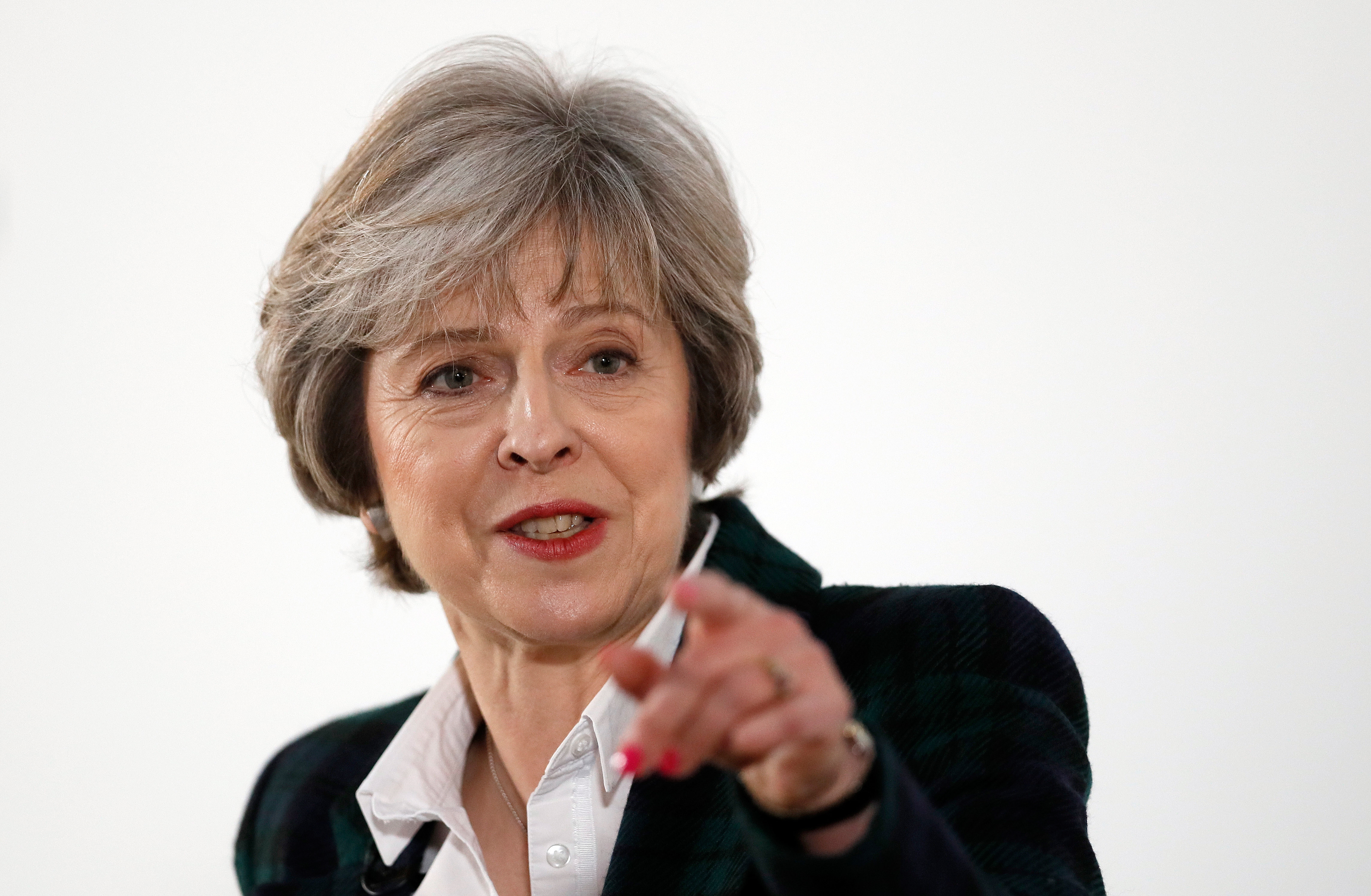Did Theresa May Just Call Out Facebook And Google On Killing Off Newspapers?
by
Sean Hargrave , Staff Writer, February 7, 2018
Newspapers are having a horrible time of it — there’s no doubt about that. Print revenue is on course to be down a third in three years by the end of the year and digital revenues are up, but by nowhere near enough.
Now it looks like Theresa May is wading in to offer some support. Her speech in Manchester lamented the decline in local media, rightly pointing out that regional papers are vital resources for communities, but have fallen on hard times with many closure and daily announcements of staff redundancies.
The Government, the PM promises, will look at the underlying reason for this, and most specifically, whether publishers are getting a fair share of the money pouring into digital advertising. The likely conclusion is that the duopoly of Google and Facebook is way too powerful, as they hoover up half of all budgets spent on digital marketing.

You only have to look at attention levels for news and see the UK is in an odd situation. The BBC, as you would imagine, is way out ahead, alongside Facebook, as the sources where most of us get our news. The rest of the pack are way behind, and of course are relying on Facebook to generate traffic. The obvious issue here is that Facebook has just dialled down publishers’ reach, presumably in the hope that they will advertise.
However, there is an argument that welcome though an enquiry may be, it is too late? Has the duopoly changed their ways? At least a bit?
Certainly Facebook is promising a news service, currently being trialled, through which publishers that earn a subscription from a reader will get to keep 100% of the revenue.
Similarly, Google has dropped its first-click-free policy, allowing publishers to keep up paywalls and still be visible in natural search results.
Without a doubt, it can never be a good situation when two tech giants account for half of all digital marketing spend in a country, and similarly, there are a lot of third parties taking cuts of digital advertising revenue before a publisher gets a cheque. That will be the logical conclusion of any investigation.
However, there is a flight to quality happening right now. Quality publications are seeing digital advertising and subscription revenues leap. However, those relying on advertising alone are going to struggle, even in the era of supply-side platforms and header bidding. No matter how much more revenue this brings in to publishers, they are losing several times that amount in decreased print advertising income.
It doesn’t take a genius to realise that this is overriding problem. I’m not entirely sure what an enquiry will find other than that Google and Facebook are too powerful. They’re in that position because they’re trusted by marketers for providing the best ROI. The other conclusion is that there are a lot of mouths to feed in the digital advertising landscape.
Improvements are taking place, but you just can’t get over the simple fact that newspapers aren’t making enough in digital to cover print’s losses. It’s an inescapable truth that you can probe all you like — it won’t change a thing.
MediaPost.com: Search Marketing Daily
(19)